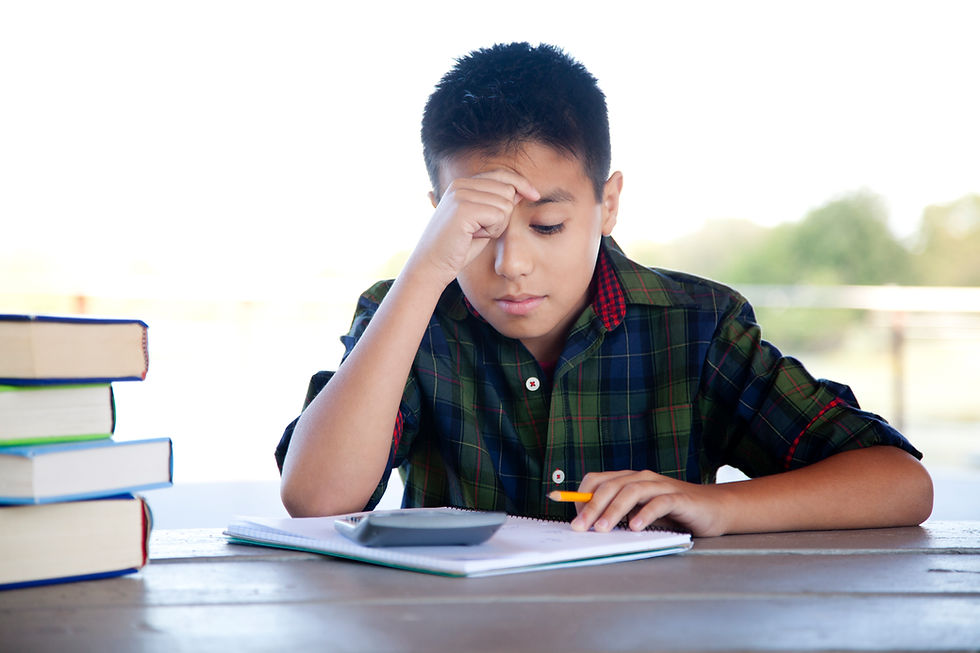Only reconnect
- Joanne Jacobs

- Jul 25, 2022
- 2 min read

Rebuilding student's connections with schools, teachers and each other is critical to recovery from school closures, says Doug Lemov of Teach Like a Champion in a FutureEd interview with Phyllis Jordan.
School culture is the subject of a Reconnect, a forthcoming book by Lemov, Hilary Lewis, Darryl Williams and Demarius Frazier
The pandemic eroded students' social skills, especially for those out of school for a year and a half or more, says Lemov. But this is "a pandemic inside an epidemic" of teen anxiety, depression and loneliness.
Psychologist Jean Twenge thinks it started around 2011 "when cell phones became universal or smartphones and social media became universal."
Teens aren't venturing out in the world, says Lemov.
The average 12th-grader goes out less without their parents now than the average 8th-grader did in our generation. And they get their driver's licenses later, and they don't work and they don't volunteer and they don't join things. . . . they're all up in the rooms socializing on their smartphones.
Generations ago, when you were bullied, you came home from school and you connected with your outside-school friends or you connected with your family, and you were safe and insulated. Today’s generation comes home with their peers in their pocket, 24 hours a day, in their room, on a platform designed to be untraceable and invisible to adults. I think it is a really hard place psychologically to be a teenager.
During the pandemic, teens "increased their amount of time on social media by about two hours per kid," says Lemov. That was "devastating."
Students are less able to form relationships at school, he says. Those who spend lots of time on social media have trouble paying attention. "And attention, the ability to focus and concentrate complete a task in the face of potential distractions, is at the core of learning."
Teachers need to teach the "habits of discussion," such as looking at the speaker and responding to what's been said, says Lemov. Also they should ban phones, which are "distraction machines."
A school in Cardiff, Wales banned cell phones during the day, he tells Jordan. That includes lunch and recess. "They set up the courtyard outside of the dining hall with chess tables and a giant Jenga set and a ping pong table. And there are card tables. Suddenly, kids are sitting at the table playing cards with each other. . . . You learn a lot of social skills, and you develop connections."



This continues into college. One of our kids was a freshman in 2018-19. I visited her dorm on a Friday night, and it was dead quiet. We went to the nearby commercial strip, and it was the same. Quiet. Kids are in their rooms on computers or on headphones talking to their high school friends.
There is a concerted effort by teachers, professors and others in education to demoralize the youth "to save the planet"
Jordan Peterson's interaction with an idiot professor whose confessed mission was to demoralize the youth
https://www.youtube.com/watch?v=gWlDtID8iyM